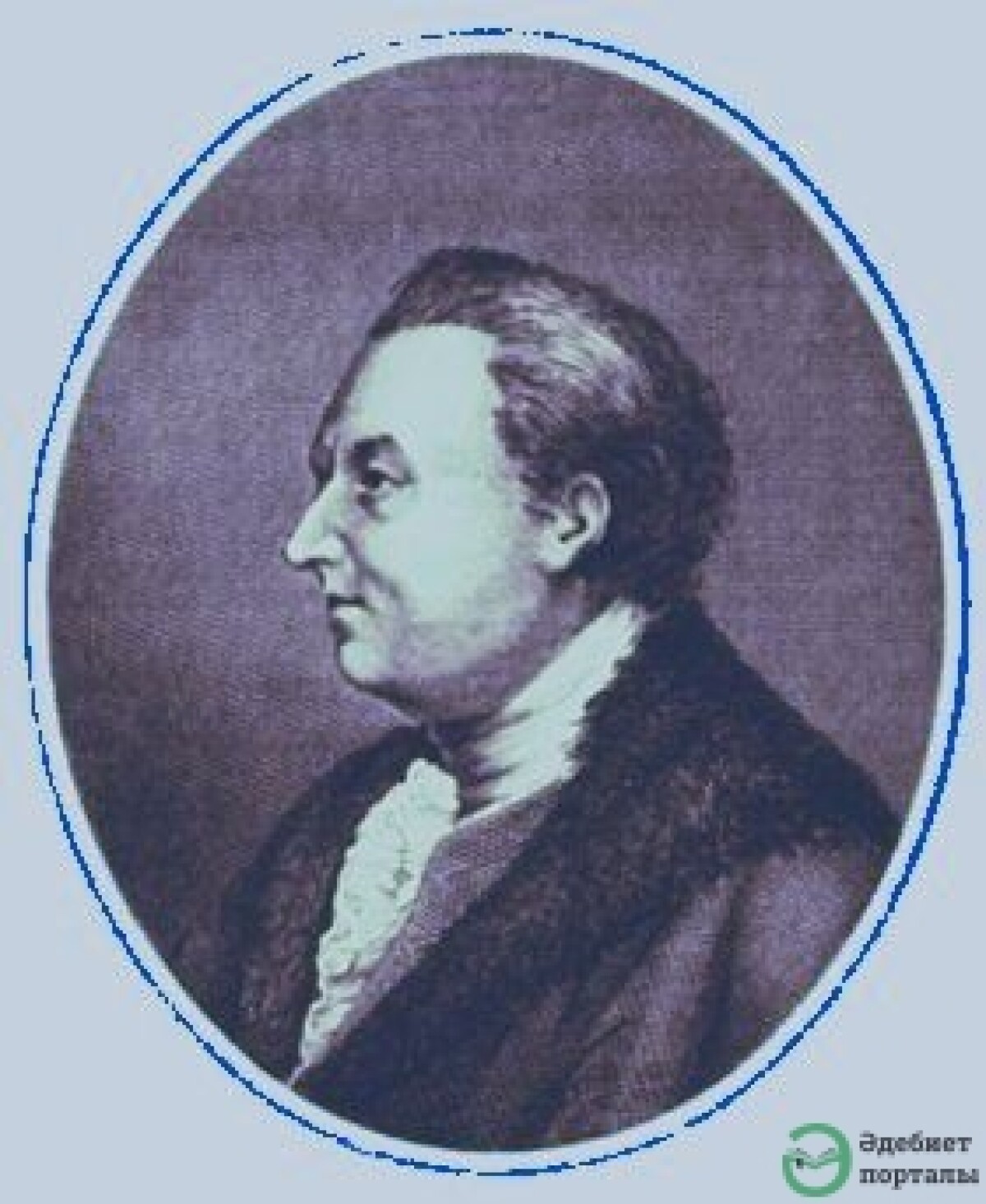John Dyer
John Dyer, (baptized Aug. 13, 1699, Aberglasney, Carmarthenshire, Wales—died December 1757, Coningsby, Lincolnshire, Eng.), British poet chiefly remembered for “Grongar Hill” (1726), a short descriptive and meditative poem, in the manner of Alexander Pope’s “Windsor-Forest,” in which he portrays the countryside largely in terms of classical landscape. The poet describes the view from a hill overlooking the vale of Towy and uses this as a starting point for meditation on the human lot:
A little rule, a little sway,
A sunbeam in a winter’s day,
Is all the proud and mighty have
Between the cradle and the grave.
Dyer’s longest poem, The Fleece (1757), a blank-verse poem on the subject of tending sheep, is a typically 18th-century attempt to imitate Virgil’s Georgics. Dyer also wrote The Ruins of Rome (1740), which again combines description and meditation.
Share:









